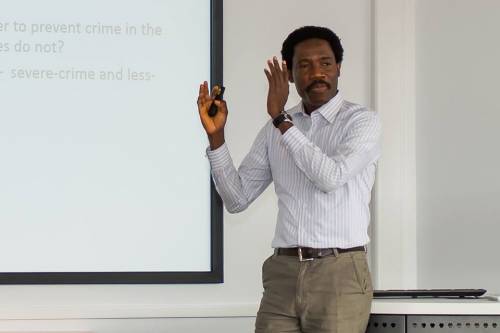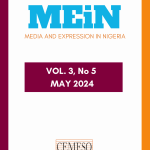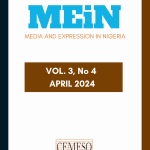A professor of applied communication at the University of Ibadan, Ayobami Ojebode, has said 29 million Nigerians are using social media to make positive changes.
Delivering a lecture at UI on Thursday, Ojebode said social media had had a great influence on the Nigerian society.
He said, “Social media provides opportunities for equitable, horizontal communication among network members. It provides instant and affordable access to news and information as they break, and allows anyone to create content and respond to created content.
“There are no ownership restraints, and there are no editors in most cases. Social media enables users to say it as they think it is and, in most cases, without fear of repercussion. Finally, one could say, social media are the liberators of the muted voices of the people.”
He added, “In Nigeria, 29 million people use social media generally.
“For instance, in just one week in July 2019, Nigerians got the Pastor of a famous Abuja church to step aside over allegations of sexual violence and got the Federal Government to back down on its proposed cattle rearing project known as Ruga.
“In all of these matters, the use of social media was prominent, even mostly instrumental. Some of our studies point to the successful use of social media as liberators of muted voices and as tools for deepening democracy, empowerment and accountability.”
However, Ojebode lamented that social media activism only records wins when the issue being addressed was not of great consequence.
According to him, the Federal Government chooses to accede and gives social media activists a sense of false power, whenever its interest is not seriously infringed.
He said, “Why does the Nigerian government seem to act quickly in certain situations and accede to particular demands but ignores others despite equally vociferous online and offline protests?
“Why did the government grant the demands of the #Nottooyoungtorun movement but not that of #EndSARS? In other words, it seems very much that social media-based activism is recording wins in matters that are not of extreme consequence, wins that give social media activists a false sense of power, a glamorisation of powerlessness.”
















